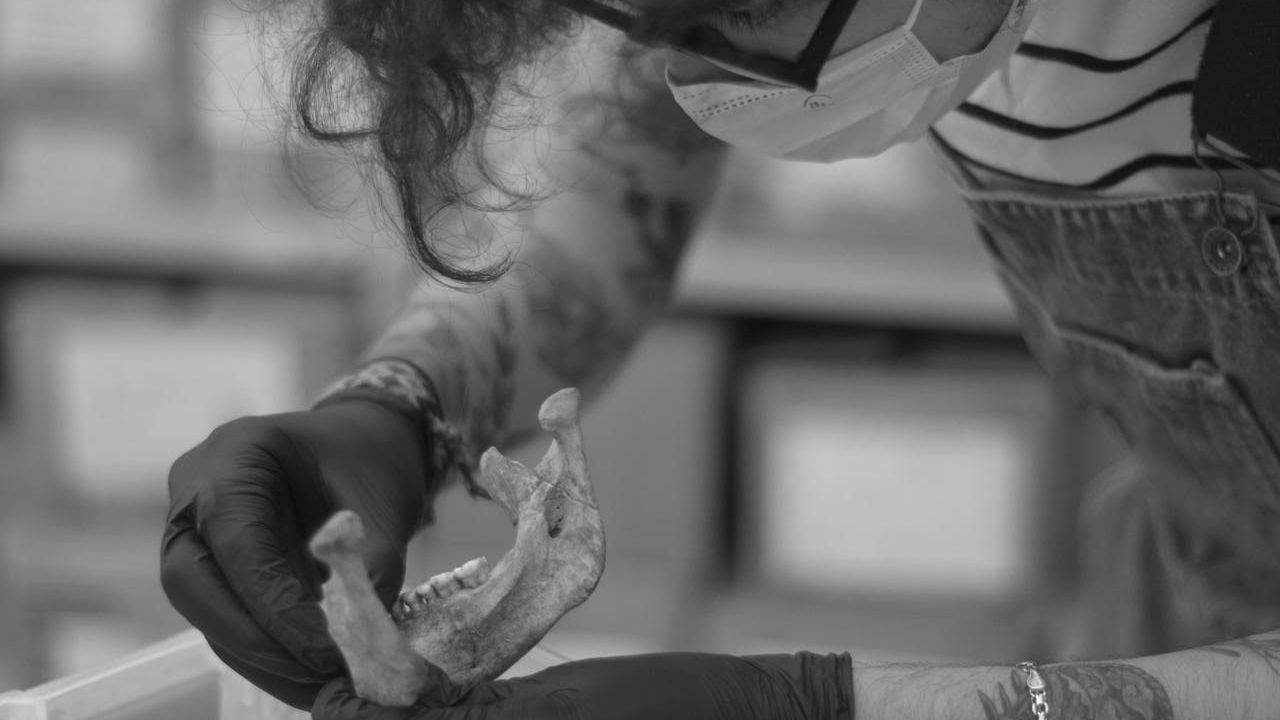Women Expected to Miss More Work Than Men

It's considered more socially acceptable for Mom, rather than Dad, to be absent from work.
And past research has established that women, on average, do in fact miss more work days than men. Why this is the case and its consequences, however, have remained subjects in the realm of hearsay rather than definitive research.
A new study formally links the data and the norm, indicating women miss more work than men because that's what society expects. This seemingly benign "policy" could foster workplace discrimination in wages and advancement for women, the study authors suggest.
"The results suggest that a distinct absence culture exists for women that might legitimize their absenteeism, but it might also perpetuate gender stereotypes and lead to gender discrimination," said researcher Eric Patton of Saint Joseph’s University in Philadelphia.
Patton and Saint Joseph's colleague Gary Johns examined nearly 3,000 New York Times articles dealing with work absence from 1851 through 2004, focusing on the 167 news items that mentioned women.
Overall, they found absence by women was less likely to be associated with punishment than men, and women's absence was rarely noted as deviant.
Most of the articles (101 of the 167) mentioned domestic and family responsibilities to explain women's absence. Other reasons noted were spousal abuse and gender-specific health problems.
Get the world’s most fascinating discoveries delivered straight to your inbox.
Articles repeatedly discussed the need for corporate child care. In the 1980s and 1990s, articles also advocated alternative work arrangements for women, such as part-time schedules and flex-time, to help reduce absenteeism.
The research is published in the November issue of the journal Human Relations.
- 10 Things You Didn't Know About You
- Top 10 Mysteries of the Mind
- Vote: Most Popular Myths
Jeanna Bryner is managing editor of Scientific American. Previously she was editor in chief of Live Science and, prior to that, an editor at Scholastic's Science World magazine. Bryner has an English degree from Salisbury University, a master's degree in biogeochemistry and environmental sciences from the University of Maryland and a graduate science journalism degree from New York University. She has worked as a biologist in Florida, where she monitored wetlands and did field surveys for endangered species, including the gorgeous Florida Scrub Jay. She also received an ocean sciences journalism fellowship from the Woods Hole Oceanographic Institution. She is a firm believer that science is for everyone and that just about everything can be viewed through the lens of science.
